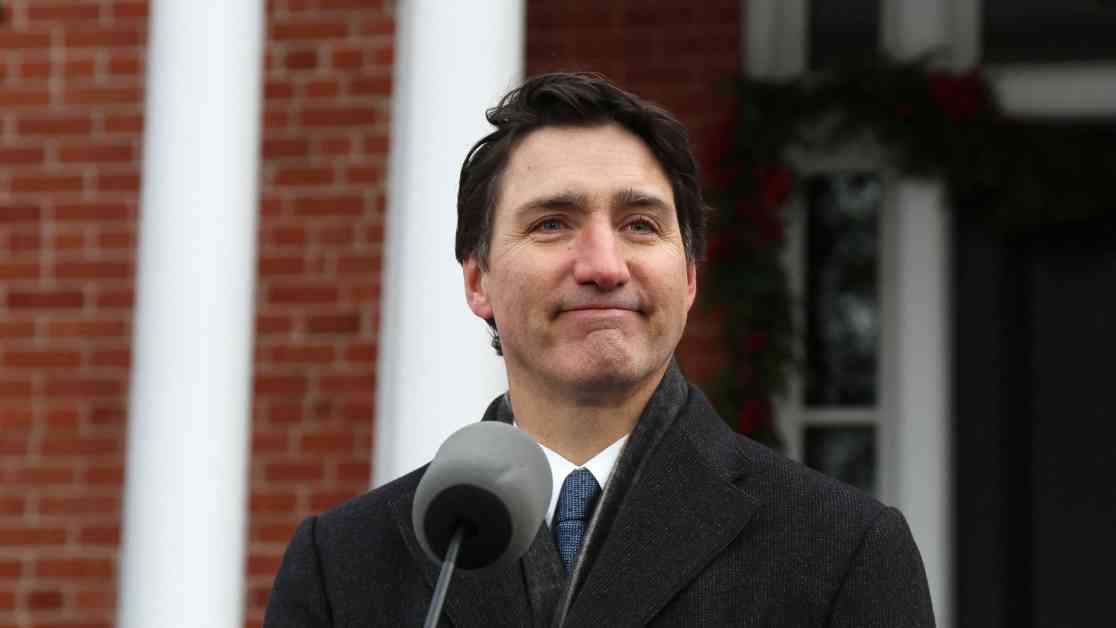Justin Trudeau’s Climate Legacy
Justin Trudeau, Canada’s charismatic prime minister known for his ambitious climate policies, has announced his resignation, marking the end of a decade-long tenure defined by his commitment to aggressive climate action. Trudeau’s departure comes amidst growing discontent among voters over various issues, including his handling of the pandemic, rising energy costs, and his signature climate policies.
Trudeau’s climate legacy is marked by his bold initiatives, such as implementing a federal carbon-pricing system and defending it against challenges. His government made significant progress in clean energy subsidies, overseas aid for climate disasters, and setting ambitious emissions reduction targets. However, his most notable achievement was the introduction of a carbon tax, inspired by British Columbia’s policy, aimed at reducing emissions and driving Canada towards its net-zero targets.
Impact of Carbon Tax on Canadian Economy
The centerpiece of Trudeau’s climate policy, the carbon tax, has faced mixed reactions from consumers and industry alike. While the government claims that the tax will drive significant emissions reductions by 2030, critics argue that it has led to rising energy costs and inflation for consumers. The tax, which imposes a surcharge on gasoline and heating oil, has become a focal point of contention, with opposition parties rallying against it.
Experts like Cherie Metcalf, a law professor at Queen’s University, acknowledge the consumer backlash against the carbon tax. Many Canadians feel the pinch of increased prices and express frustration over the policy, leading to a national debate on the effectiveness of Trudeau’s climate initiatives. The tax’s impact on emissions remains a subject of debate, with the government pointing to success stories like British Columbia’s emission reductions as a model for national progress.
Challenges and Criticisms of Trudeau’s Climate Policies
Despite Trudeau’s efforts to advance climate action, challenges remain, particularly in addressing Canada’s significant oil and gas industry. The prime minister’s wavering stance on drilling in Alberta’s tar sands and his controversial decisions regarding oil projects have drawn criticism from environmental activists and Indigenous leaders. Trudeau’s approach to environmental justice and decolonization efforts has also faced scrutiny, with calls for a more comprehensive transition away from fossil fuels.
Trudeau’s resignation comes at a time when climate issues have become polarizing in global politics, influencing electoral outcomes in various countries. The rise of right-wing parties leveraging populist sentiments against climate policies underscores the complex dynamics at play in the public discourse. As Canada prepares for a shift in leadership, the future of climate policy under the Conservative Party remains uncertain, with promises to eliminate the carbon tax raising questions about the country’s environmental agenda.
In conclusion, Justin Trudeau’s legacy as a climate leader leaves a mixed legacy, with significant achievements in advancing climate action tempered by challenges and criticisms. As Canada navigates a changing political landscape, the debate over climate policy and its economic implications continues to shape the country’s future path towards sustainability and environmental stewardship.














